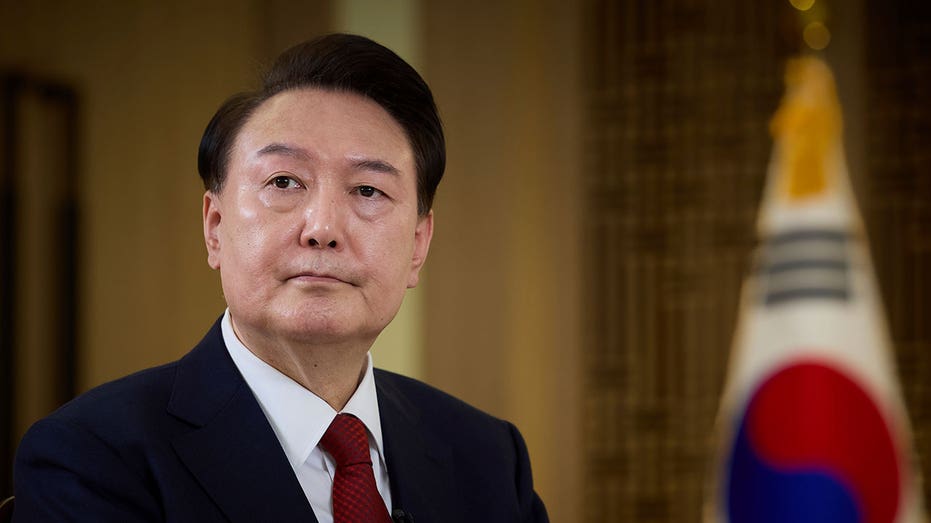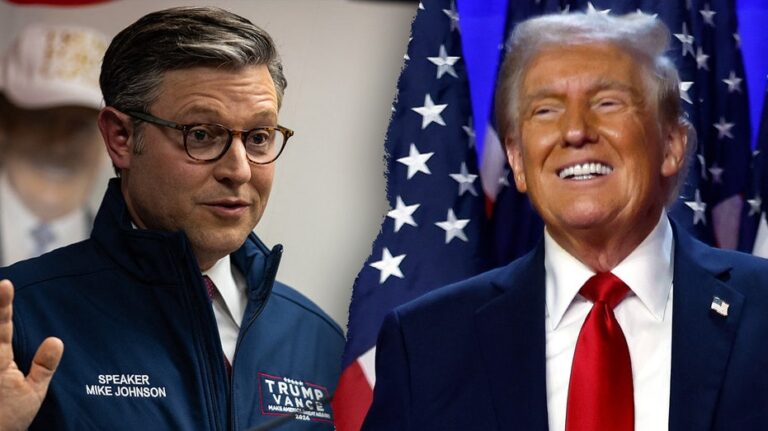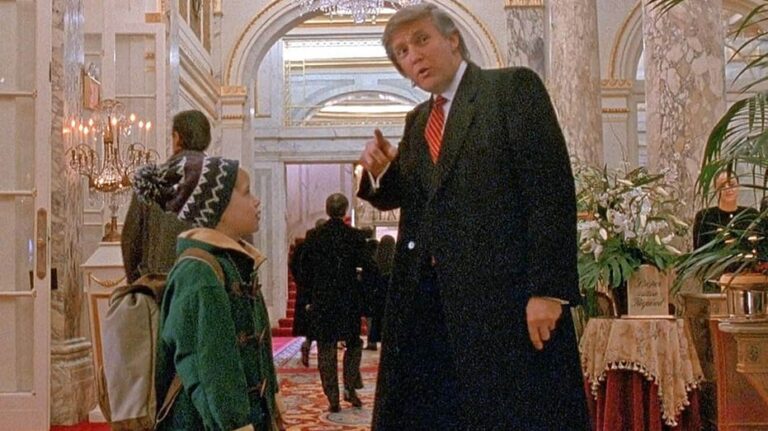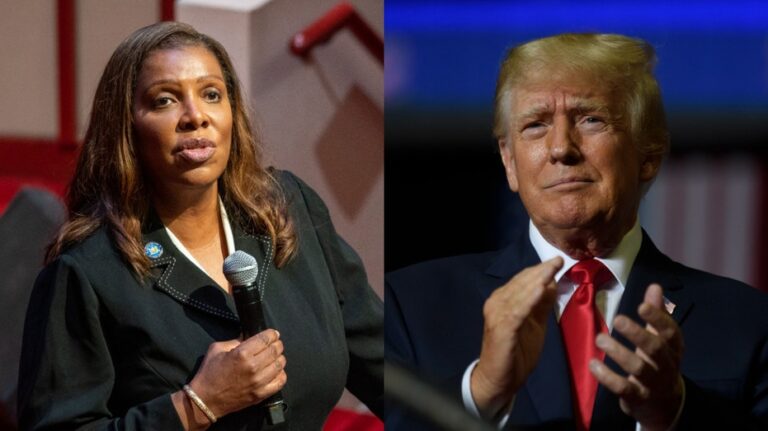
South Korean opposition lawmakers will hold a vote to impeach President Yoon Suk Yeol after the president declared martial law on Tuesday, citing “anti-state” activities by his opponents.
South Korean opposition lawmakers said Thursday they will vote this weekend to impeach President Yoon Suk Yeol, who is under police investigation after his short-lived martial law declaration.
Yoon accused his opposition of “anti-state” activities when he declared martial law on Tuesday in an attempt to ban political activity and assume state control of the media. The martial law, however, was only in effect for about six hours since the National Assembly voted to overrule the president’s decision.
The shocking move led to protests and worried South Korea’s international allies, including the United States. Yoon’s defense minister, who recommended the drastic measure, has resigned, Reuters reported.
A spokesman for South Korea’s opposition Democratic Party told reporters parliament will vote to impeach Yoon at around 7 p.m. Saturday local time. The Democratic Party holds a majority in the country’s legislature.
SOUTH KOREAN LEADER FACING MOUNTING CALLS TO RESIGN OR BE IMPEACHED OVER MARTIAL LAW
“The Yoon Suk Yeol regime’s declaration of emergency martial law caused great confusion and fear among our people,” Democratic Party lawmaker Kim Seung-won told the National Assembly earlier, according to Reuters.
Impeaching the president would require the approval of two-thirds of the parliament’s 300 members, or 200 votes. The Democratic Party and other small opposition parties together make up 192 seats. However, 18 lawmakers from Yoon’s ruling People Power Party cast ballots opposing the president’s decision when the parliament rejected Yoon’s martial law declaration in a 190-0 vote.
The leader of the People Power Party, Han Dong-hun, criticized Yoon’s martial law declaration as “unconstitutional.” However, the party has said it will oppose impeachment.
If Yoon is impeached, he will not have his constitutional powers until the Constitutional Court can rule on his fate. Prime Minister Han Duck-soo, the second in command in the South Korean government, would take over his presidential responsibilities.
SOUTH KOREAN PRESIDENT LIFTS MARTIAL LAW AFTER LAWMAKERS REJECT MOVE
With his political future uncertain, Yoon accepted the resignation of Defense Minister Kim Yong-hyun on Thursday. Kim had suggested the president declare martial law since his domestic agenda had been thwarted in the opposition-controlled National Assembly.
Kim is now under investigation by the Seoul Central District Prosecutors Office on potential charges of treason, South Korea’s Yonhap news agency reported. The former defense official is banned from traveling.
Police are also investigating Yoon on charges of treason after activists and a minority opposition party filed a complaint against the president, according to Yonhap.
WHY DID YOON’S PARTY LOSE IN SOUTH KOREA’S ELECTIONS AND WHAT TROUBLES DOES HE FACE NOW?
The complaints accused not only Yoon and Kim, but also Army Chief of Staff Gen. Park An-su and Interior Minister Lee Sang-min of treason and other related charges for their roles in the martial law declaration on Tuesday.
Yoon is under pressure to resign ahead of Saturday’s impeachment vote.
On Wednesday, Secretary of State Antony Blinken told Reuters the United States had not been made aware in advance of Yoon’s declaration, while his deputy, Kurt Campbell, said Yoon had badly misjudged it.
The United States has 28,500 servicemembers stationed in South Korea as a legacy of the 1950-1953 Korean War.
Yoon’s martial law declaration was the first of its kind in more than 40 years. Scenes of military intervention have not been seen since South Korea achieved genuine democracy in the late 1980s.



